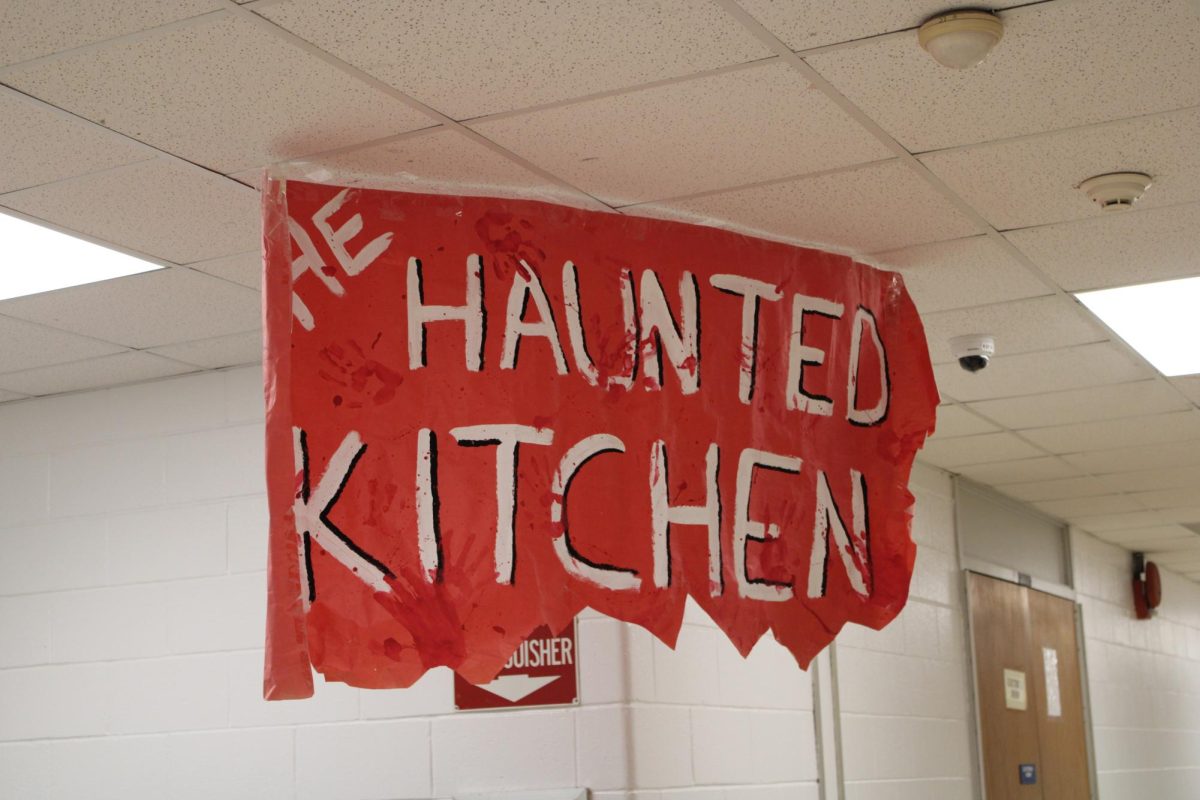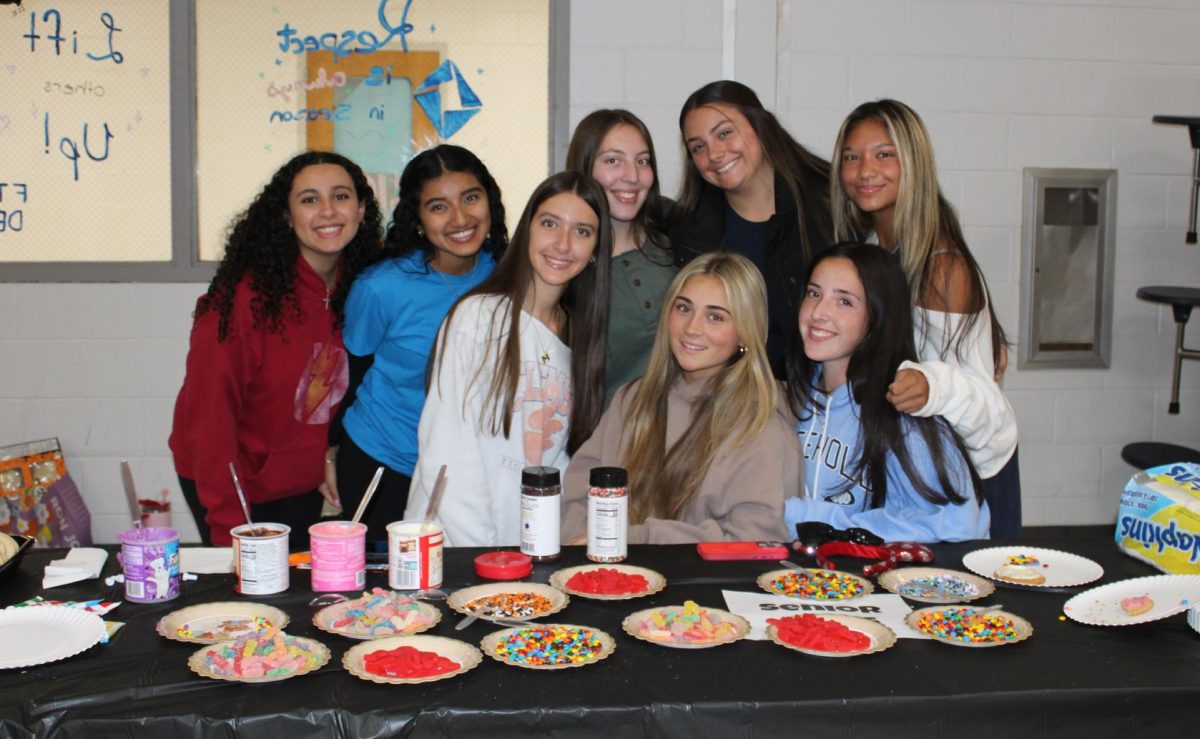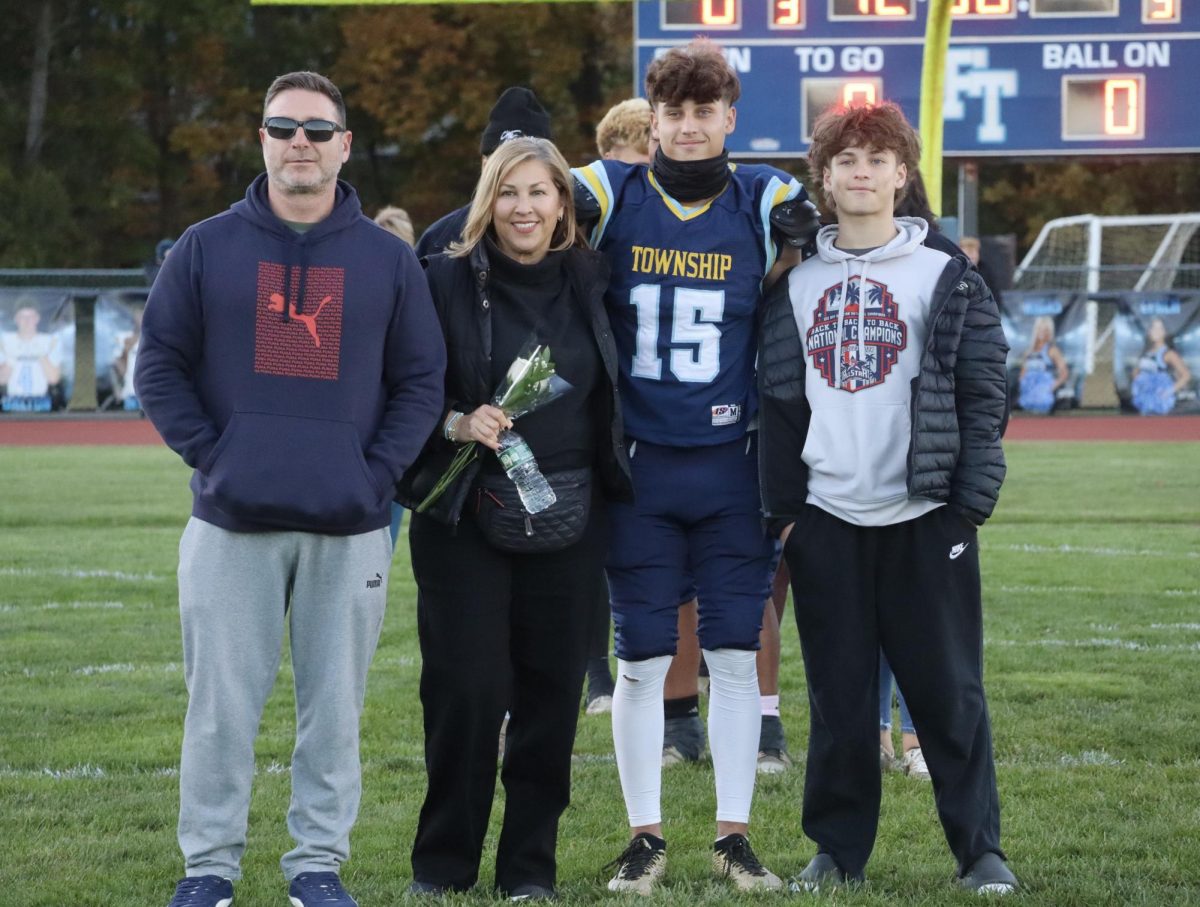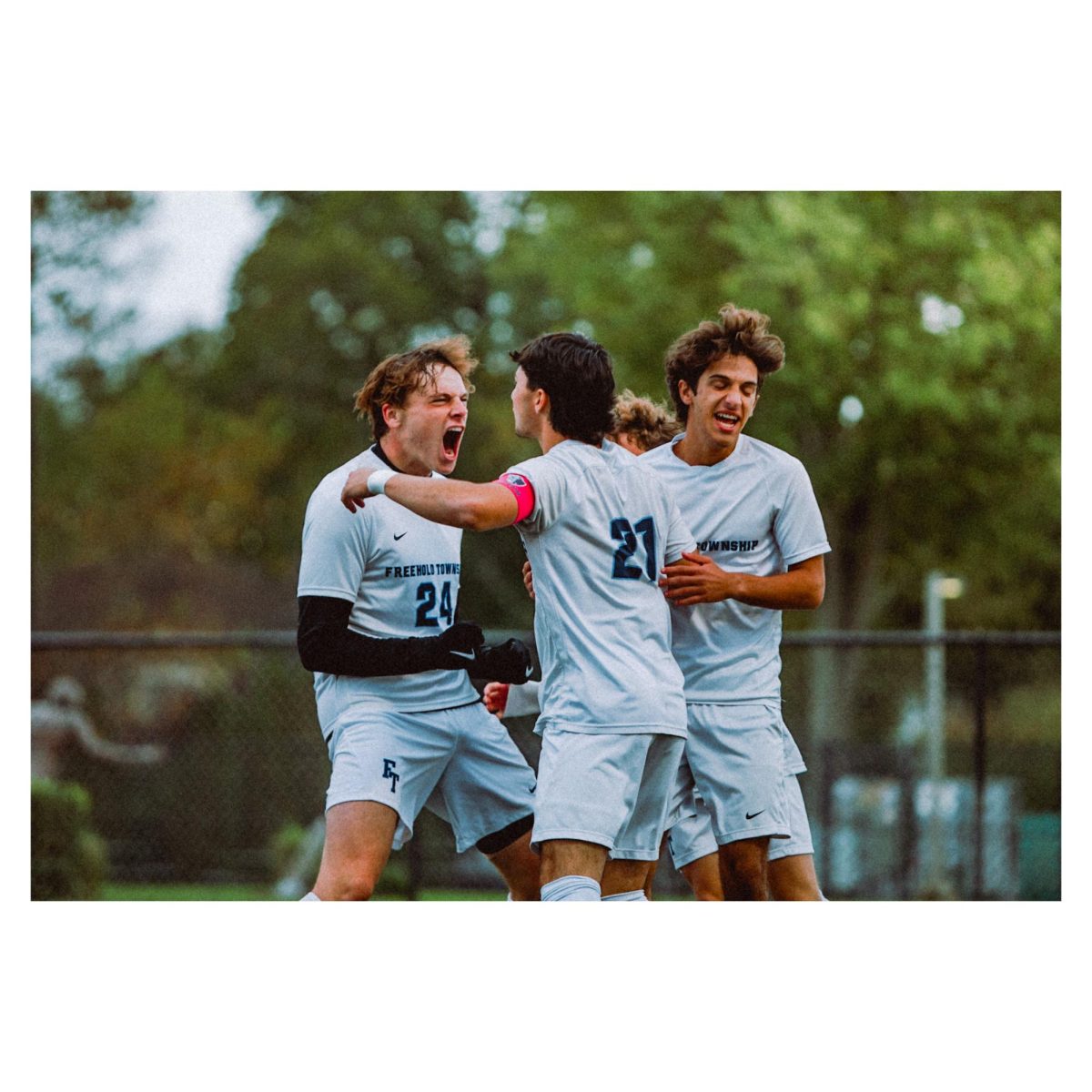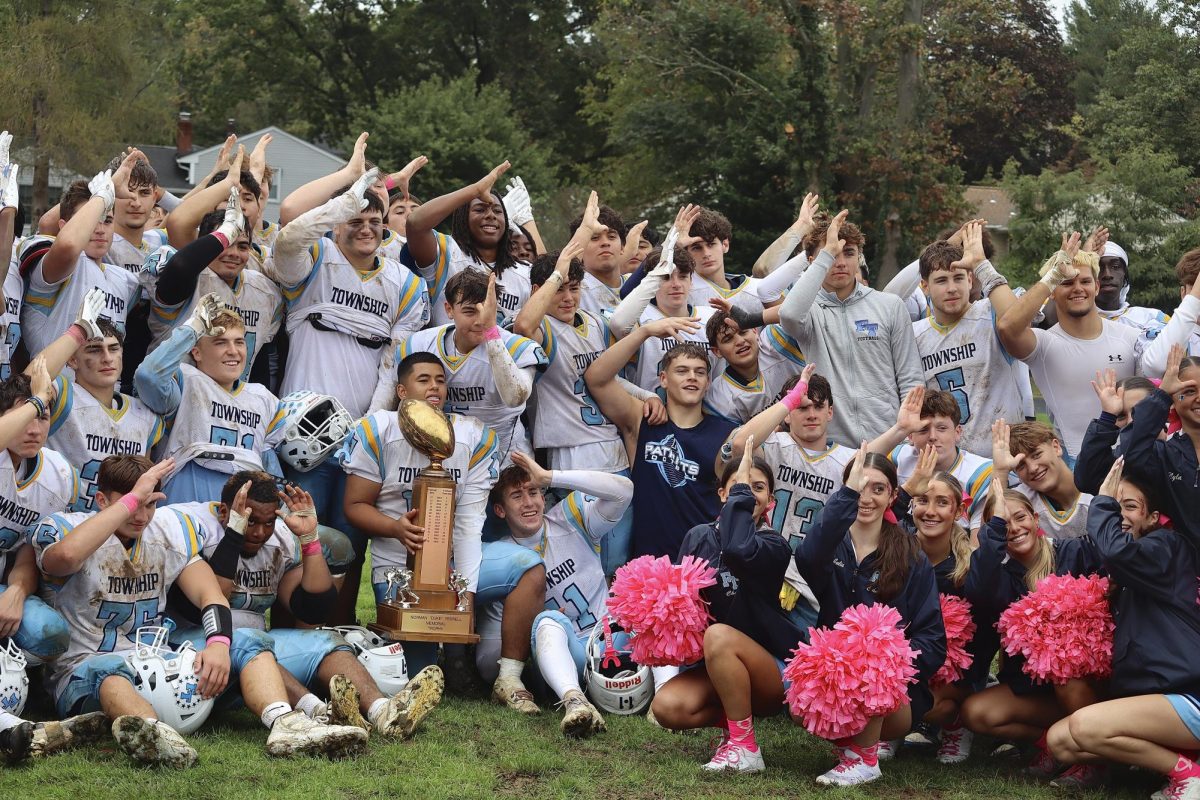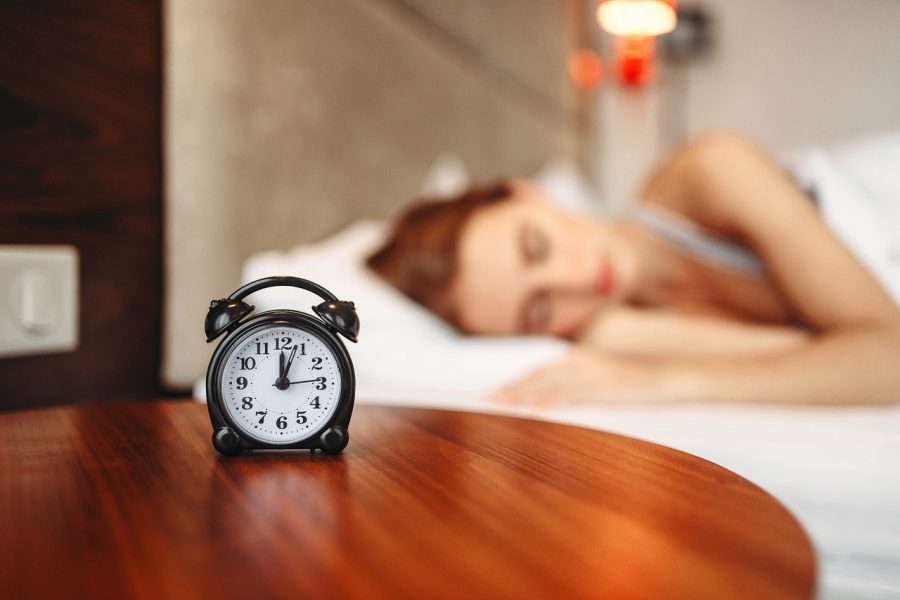Don’t Forget to Sleep
December 9, 2021
Sleep is one of the most crucial things for our bodies. This might seem like a no-brainer, but many people forget this. Students get so caught up in their studies, extracurriculars, and even work that they forget to sleep. Instead of pulling all-nighters three times a week, try to take some time for yourself and close your eyes. There’s less of a chance that you’ll fall asleep during school if you sleep during the night. You wouldn’t want to spend all that time studying for a test just to fall asleep through it.
On average, while adults require seven to nine hours of sleep a night, teenagers need around eight to ten. Of course, our schedules often prohibit many high-schoolers from sleeping, making them believe that it is impossible. If you’re not one of the students lacking sleep, you’ve most likely encountered a countless amount of them. They appear to be irritable, grumpy, and clearly tired. People affected by sleep indigence tend to have trouble being alert, concentrated, and remembering things. You might catch them laying their head down on their desk, and closing their eyes for as many seconds as possible. These short-term effects are caused by your body shutting down neurons in different regions of your brain. This is commonly referred to as a state of “local sleep”. What you can’t see is the changes in muscles, blood sugar, and hormones. Adrenaline and cortisol are known to rise when the body experiences stress because of a reduction of sleep. Muscles can become easily tense, and your blood sugar can increase. Once you start pulling all-nighters, it’s hard to stop.
Now that you know a couple of the damaging effects, here are some tips on how to sleep better. First off, it might be necessary to set a schedule for yourself. Your body has a biological clock that relies on the pattern of daylight. Eventually, your body will fall asleep naturally when the sky fades from its light. Also, if you often consume great amounts of caffeine, it would be wise to quit this habit, specifically late in the day. For example, if you drink a whole can of soda an hour before you expect to sleep, that’s most likely the problem. I am also aware that a great amount of students become tired directly after they finish school. This is understandable, as we have been working hard for over seven hours, not counting extra-curricular activities. Even though it would be great to take a long, refreshing nap, if you want to sleep on time, try to limit your naps to twenty minutes. Believe it or not, these small adjustments can heavily alter your sleep schedule.
Now that you know these new ways to help you sleep, I genuinely hope you apply them. It’s crucial to keep your health a priority. Of course your grades, service hours, and extracurriculars are substantial, but they are nothing compared to your health. If you don’t put yourself first, you might get lost in the chaos of your distinctive schedule. The true cure is time!
Sources:
https://www.sleepfoundation.org/how-sleep-works/why-do-we-need-sleep
https://www.medicalnewstoday.com/articles/324799#sleep-deprivation






